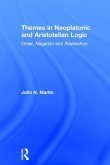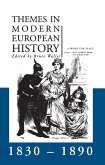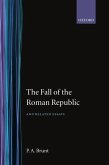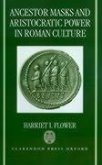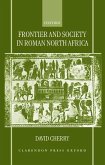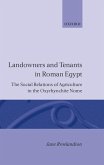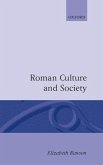This book comprises sixteen articles published over thirty years, with supplements including two additional essays. Its range is broad, from discussions of Rome's aspirations to world dominion, to studies of provincial administration. The results of these studies suggest that Roman rule was not endeared to the subjects by the lightness of the burdens imposed, nor by the integrity and professional competence of the administrators; both have often been overestimated. The higher orders among the conquered peoples, however, were eventually reconciled by the Roman policy of assimilating them to Romans, and entrusting to them control of local affairs and an increasing influence in central government. Though the attitude of the masses to the empire is virtually unknowable, there was, except in Judaea, no national resistance comparable to that in the British empire, a theory illustrated by detailed consideration of the first-century revolts in Gaul and Judaea. About one-third of the contents of this volume is new.
The Roman empire, unlike the British, evoked no national resistance except from the Jews. This collection of essays by eminent historian P.A. Brunt critically examines various aspects of Roman history, from Roman aspirations to world dominion to Rome's success in winning the loyalty and acquiescence of its subjects. Two previously unpublished essays, as well as addenda and corrigenda, bring the collection completely up to date.
Hinweis: Dieser Artikel kann nur an eine deutsche Lieferadresse ausgeliefert werden.
The Roman empire, unlike the British, evoked no national resistance except from the Jews. This collection of essays by eminent historian P.A. Brunt critically examines various aspects of Roman history, from Roman aspirations to world dominion to Rome's success in winning the loyalty and acquiescence of its subjects. Two previously unpublished essays, as well as addenda and corrigenda, bring the collection completely up to date.
Hinweis: Dieser Artikel kann nur an eine deutsche Lieferadresse ausgeliefert werden.



